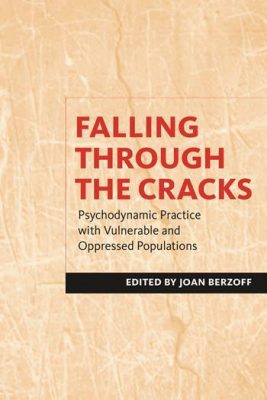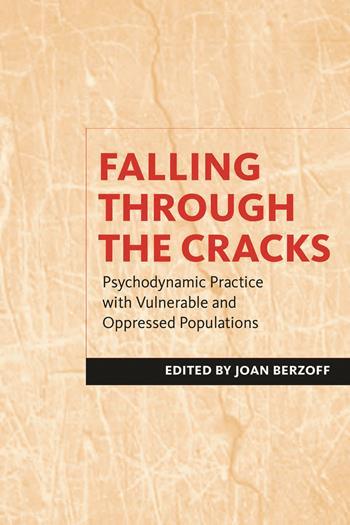 Editor: Joan Berzoff, PhD
Editor: Joan Berzoff, PhD
Publisher: Columbia University Press – 439 pages
Book Review by: Sonu Chandiram
This is an unusual book by an author who values psychoanalysis and social justice, with a psychologist father who used to analyze the meaning of her dreams at the breakfast table, and a mother who was active in the civil rights movement.
You will find these two themes in the titles of the book’s 15 chapters which we list below to give you an overview of its contents – that I think is the best way to introduce this work to you:
- Why We Need a Biopsychosocial Perspective with Vulnerable, Oppressed and At-Risk Clients
- Making It Thinkable: A Psychodynamic Approach to the Psychosocial Problems of Prisons and Prisoners
- “We’re Cool, You and Me”: A Relational Approach to Clinical Social Work in the City: Psychodynamic Psychotherapy Within a Homeless Shelter for Formerly Incarcerated Women and Their Children
- If I Feel Judged By You, I Will Not Trust You: Relational Practice with Addicted Mothers
- Making a Difference: Psychodynamic Views on Race and Racism
- Navigating the Perils of the Child Welfare System: Applying Attachment Theory in Child Protective Practice
- Holding a Mother – Holding a Baby: Psychosocial Casework in a Clinic for Women with High-Risk Pregnancies
- Finding Common Ground: The Perils of Sameness and Differences in the Treatment of Lesbian, Gay, and Bisexual Clients
- Full of Feelings, Disabled, and Treatable: Working Psychodynamically with Special-Needs Adults
- Seeing Through The Eyes of the Blind: Psychodynamically Informed Work with Persons with Low Vision
- What Did You Say? Clinical Practice with Deaf and Hard-of-Hearing Populations
- Social Care with the Severely Mentally Ill: Psychodynamic Perspectives
- The Return From War: Templates for Trauma and Resilience
- Alien to This Country: Treatment Considerations with Immigrant Bilingual Patients
- When a State Becomes a Parent: Orphanages in a Post-totalitarian Culture: Attachment Theory Perspective
There are many specializations with the profession of social work, and one of them is working with those groups of people who are either vulnerable or oppressed, or both. Some people within these groups may be poor, indigent, economically disadvantaged, or the like. Some ethnic populations have these characteristics as well.
Successful social work with these groups requires a background in psychology, particularly an understanding of psychodynamics. Dr. Joan Berzoff is a specialist in human behavior within the social environment, and has written this clear and concise work to help social workers and psychologists deal effectively with people “struggling with structural iniquities” and other issues. Among the people – and the types of problems they have – that this book deals with are :
- Addiction
- Auditory, cognitive, visual or other impairments
- Classism
- Disability
- Discrimination
- Homelessness
- Immigrant status
- Language differences
- Mental illness
- Orphans
- Prisoners
- Sexual orientation
This is a unique, well developed, well organized and well-written book by Joan Berzoff. It is a valuable contribution to the literature dealing with vulnerable and oppressed populations.
Editor:
Joan Berzoff is a professor at the Smith College School for Social Work, where she has twice served as chair of the Human Behavior in the Social Environment Sequence. She has been codirector of the doctoral program and directs the End of Life Certificate Program.
She is the coauthor of three books: Inside Out and Outside In: Psychodynamic Theories and Practice in Multicultural Settings, 3rd edition; Living with Dying: A Handbook for End-of-Life Care Practitioners; and Dissociative Identity Disorders: The Controversy and Treatment.







